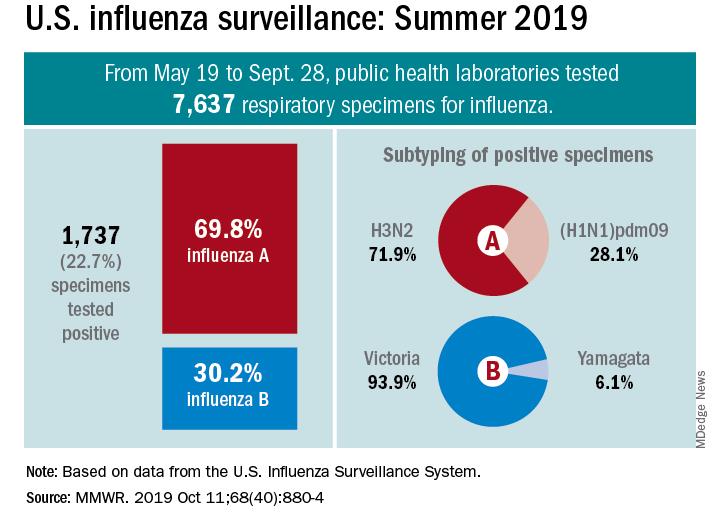 Spring has come, and, to most people, the flu has seemed to disappear. You don’t hear discussions among family, friends, or from news outlets. According to the Centers for Disease Control and Prevention (CDC), flu activity is at its lowest in decades. Some believe that it’s because the COVID-19 virus has taken its place or that COVID-19 is the flu. Neither of those assumptions is true.
Spring has come, and, to most people, the flu has seemed to disappear. You don’t hear discussions among family, friends, or from news outlets. According to the Centers for Disease Control and Prevention (CDC), flu activity is at its lowest in decades. Some believe that it’s because the COVID-19 virus has taken its place or that COVID-19 is the flu. Neither of those assumptions is true.
The Flu Can Stick Around Through May
Although flu-like illnesses are low, the flu still exists. Depending on its spread, flu season could last until May. People have speculated that cases of the flu have been low due to social distancing, washing hands, wearing masks, and more people getting the flu vaccine.
According to the CDC, last flu season had at least 410,000 people hospitalized from the flu. This year, more individuals got the flu vaccine so that they wouldn’t have to worry about both flu and COVID-19. Next flu season could bring concerns that people are less afraid and don’t feel the need to get the flu vaccine, causing numbers to rise back to normal capacity.
Protect Yourself
People don’t realize the annual flu circulation is a pandemic because it’s yearly and, because of that, it’s universal. It is still essential to get the vaccine to prevent complications and hospitalizations. Influenza complications include:
- Pneumonia
- Organ failure
- Death
If you have pre-existing health issues that can lead to those complications, you should consider getting the flu vaccine. It’s easy to get the vaccine when it’s time because many pharmacies and doctors’ offices administer it. If you don’t have a doctor or insurance, then look for a free flu clinic during the season. If you have never received the flu shot and don’t intend to get the flu shot, consider it and research its effectiveness.
The spring season brings sniffles and sneezes, but it’s important not to assume you have allergies or sinuses when you’re not feeling your best. Seek medical attention so that a physician can correctly diagnose you.
Sinus infections can also be a complication of the flu. You should still take precautions such as washing your hands and staying away from those who even seem to be sick to ensure you don’t come in contact with viruses and bacteria.
 Flu + COVID-19 = A Twindemic
Flu + COVID-19 = A Twindemic
Some call the flu and COVID-19 pandemic a “twindemic,” meaning that we have both viruses circulating simultaneously. There are vaccines for both viruses now, but people are still leery of one or both shots.
Flu and COVID-19 can be deadly viruses, but COVID-19 has proven to be more deadly since its outbreak. The best thing to do is research the health risks of the flu and COVID-19 and then analyze the pros and cons of the vaccines. This way, you can make an educated decision, rather than one out of fear.
If you have the correct information, you spread that to your family, and it automatically improves knowledge and lessens hesitancy.
Getting the COVID-19 Vaccine
According to CNN, the Biden administration is launching a campaign to educate citizens about the COVID-19 vaccine. Information will also help you to know when the best time is to get the vaccines because you can not get them on the same day. If you do not understand the information you have found through research, please contact your healthcare provider.
Learn more about the flu at https://www.thewellnesscoalition.org/flu/.

 Flu + COVID-19 = A Twindemic
Flu + COVID-19 = A Twindemic